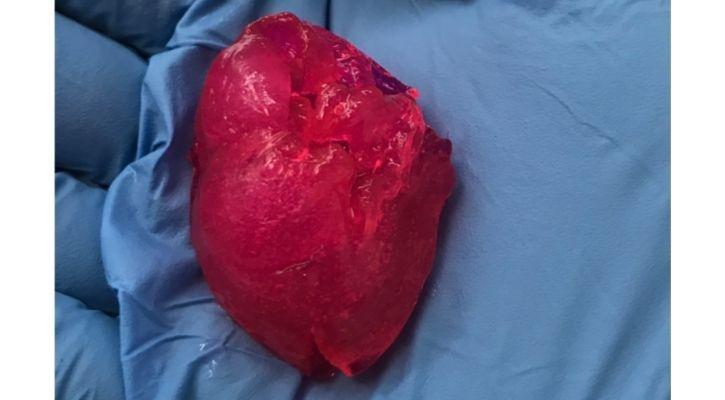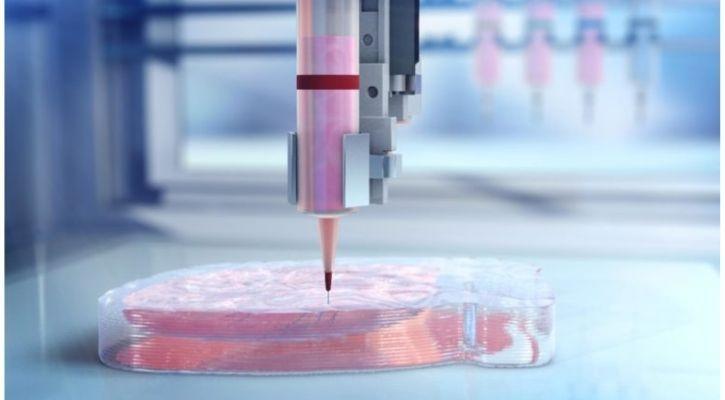No products in the cart.
Indian-Origin Scientists invent a new device which can eliminate the need for Organ Donors
Organ disease is a major public health issue, and organ transplantation has been the only lifesaving treatment option. There as many people dying per year of organ disease are they are still on the transplant waiting list.
In a recent development, a team of researchers at a Chicago-based biotech company Biolife4D have 3D-printed a miniature human heart, with chambers, arteries and other important things that are seen in a full-sized human heart. By doing so, it can completely eliminate the need for organs.

However, to create this heart, they used their proprietary bioink that recreates actual human biomaterials. Along with Bioink, they used patient-derived cardiac muscle cells. The technology is quite similar to that of conventional 3D printing and it prints layer-over-layer to maintain structural integrity while printing.
Once the heart-printing was done, it was transferred into a bioreactor that further simulates the conditions of the human body. So, this helps the cells to combine and fuse themselves together forming a tissue.
The heart is far from ready to be included in a human body. Needless to say, Biolife4D might have a different use for it altogether.

As per Ravi Birla, the Chief Science Officer of Biolife4D, the mini-heart can be used to test cardiotoxicity, a study also reveals the impact of drugs and medication on heart muscles and the damages it causes in the long run.

Biolife4D is not the only company that is working on 3D printing the heart. Researchers at Tel Aviv University were quite successful in making the first-ever 3D-printed heart.
As per the survey done by the government of India, 500,000 people in India die because of non-availability of organs. Over 150,000 people wait for kidney transplant but only 5,000 are lucky enough to get one. 3D printing of organs can be really helpful for people on organ donor waitlists.








